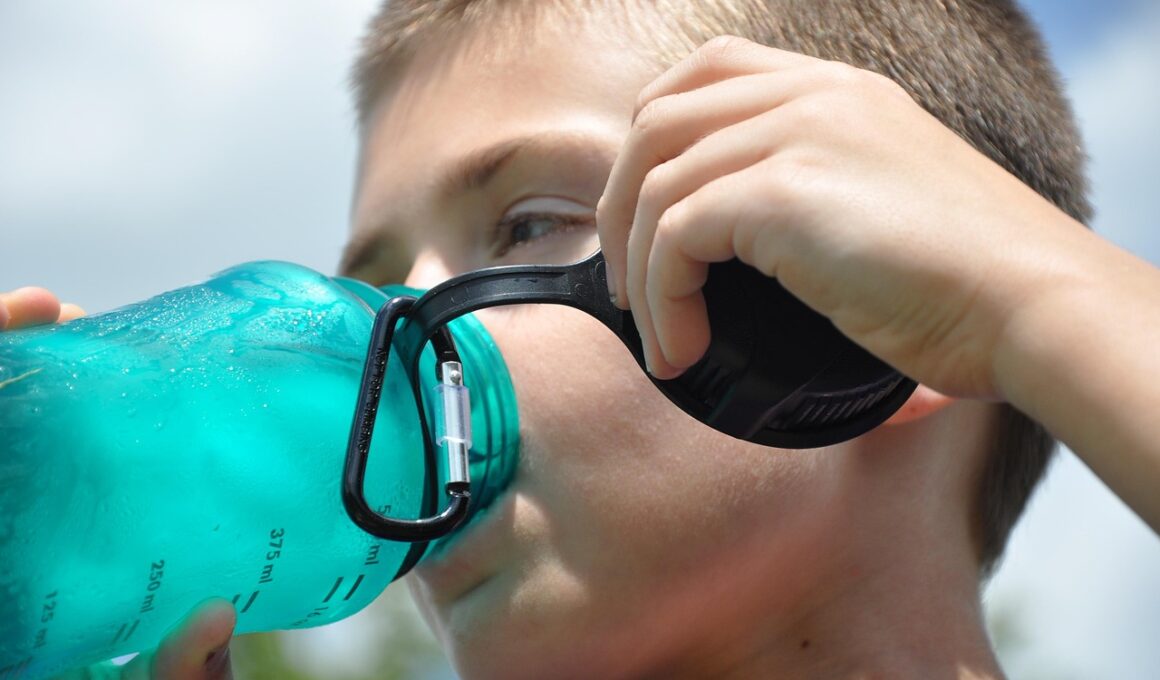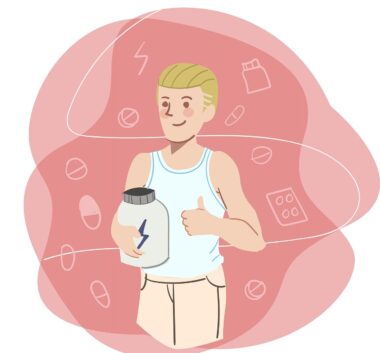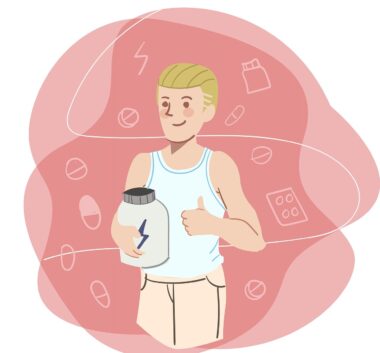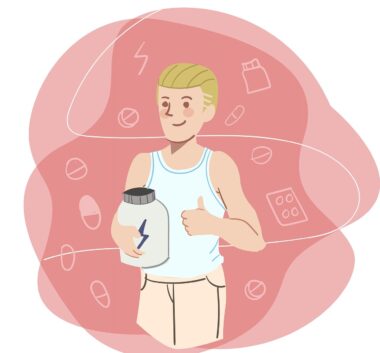Hydration Myths Busted for Team Sport Athletes
For athletes engaged in team sports, proper hydration is crucial for optimal performance, yet several myths surrounding hydration persist. Many believe that drinking only when thirsty is sufficient. However, relying solely on thirst can lead to underhydration, especially in intense situations. Athletes need to proactively hydrate before, during, and after activities. Another misconception is that all drinks are equivalent for hydration. Sports drinks, while often favored, may not always be necessary. Water remains the best option for most situations unless one is competing for extended periods. Moreover, it’s common to hear that cold water is ineffective for hydration. In fact, cold water can enhance absorption and reduce body temperature, benefiting performance. Some athletes hold the belief that hydration begins on game day, but effective hydration strategies should commence well before any competition. Staying hydrated throughout an athlete’s training cycle is vital for maintaining performance. It is essential to clarify that caffeine does not necessarily lead to dehydration. Many athletes consume caffeinated drinks and remain properly hydrated, dispelling a common myth and confirming that moderate caffeine intake can even have performance advantages.
Another prevalent myth is that hydration needs are constant across all individuals. In reality, hydration requirements depend on factors such as body weight, exercise intensity, and environmental conditions. It’s crucial to recognize the signs of dehydration, which can include fatigue, dizziness, and reduced attention span. These symptoms can severely impact an athlete’s performance. Additionally, some believe that hydration can solely be maintained by liquid intake. However, hydration also significantly comes from food sources, particularly fruits and vegetables, which contain high water content. Incorporating foods rich in water can further enhance hydration. Also, some athletes mistakenly assume that they can simply drink large amounts before a game to compensate for past deficiencies. Overloading can cause discomfort and potentially lead to nausea or hyponatremia. Proper hydration involves consistent intake over time rather than a one-time effort. It is important to monitor urine color as a hydration indicator; pale yellow often indicates good hydration, while dark yellow signals that more fluids are needed. Balancing hydration with electrolyte intake can also be beneficial, ensuring optimal performance during strenuous activities.
Hydration Strategies for Team Sports
Effective hydration strategies tailored to team sports are crucial for athletes wanting to optimize performance. For example, athletes should develop personalized hydration plans that take individual sweat rates into account. Monitoring fluid loss during training sessions can help athletes understand their specific needs. Carrying a water bottle during practice ensures that hydration is readily available and athletes can sip fluids conveniently. Furthermore, setting hydration reminders on phones or watches can reinforce proper habits both in training and competition. When participating in tournaments or busy schedules, having electrolyte drinks available can help maintain essential sodium and potassium levels. Carbonated drinks, often overlooked, should generally be avoided since they might cause bloating or gastrointestinal discomfort. Mealtime hydration is equally important, as consuming fluids with meals can enhance overall hydration levels. Customizing hydration strategies to respect cultural and personal preferences also contributes to an athlete’s comfort and adherence to a routine. Moreover, educating teammates about the importance of hydration and collectively encouraging one another can foster a supportive environment in which everyone is more likely to remain hydrated and ready for competition.
Despite hydration being vital for performance, some athletes assert that they only need to drink during breaks or halftime. While it’s essential to hydrate during rest periods, waiting until fatigue sets in is far less effective. Anticipating periods of exertion by proactively hydrating can greatly enhance endurance and focus. Additionally, cooling down with hydration tends to mislead athletes into thinking they can solely rely on recovery drinks. Recovery drinks are beneficial post-exercise, but consistent hydration strategies should be in place throughout activity. Athletes often mistakenly believe that flavored waters offer the same benefits as traditional water. While flavored options might make drinking more enjoyable, not all additives provide nutritional benefits. Furthermore, some athletes hold the misconception that finding the right type of hydration drink is overly complicated. The truth is simple: water and balanced electrolytes are often sufficient for team sports. Finally, it is a misconception that past hydration experiences determine current needs. Each physical activity session is distinct; thus, athletes should stay attuned to their hydration levels based on day-to-day activity. This ongoing approach to hydration can significantly support athletic performance.
Hydration and Performance Correlation
The correlation between hydration and performance in team sports cannot be overstated. Dehydration by as little as 2% of body weight can lead to noticeable declines in athletic performance. This level of dehydration can cause increased perceived effort, decreased accuracy, and impaired decision-making abilities. Therefore, gauging hydration levels before, during, and after exercise through consistent practices is essential. Athletes often neglect their hydration routines, mistakenly assuming that they will compensate during the following practice or match. Such thinking can lead to compounded errors during training regimens, highlighting the need for consistency. Many athletes may also overlook hydration if they are accustomed to playing in cooler environments. However, even in cooler conditions, fluid loss occurs, impacting performance. Athletes should maintain a hydration log that includes daily fluid intake and corresponding performance outcomes. Analyzing this log can reveal personal hydration patterns and help identify when an athlete feels best. Additionally, team-based hydration challenges can foster collective awareness and accountability within the group, creating a culture where hydration becomes an integral aspect of preparing for competition. This shared responsibility can improve overall team performance.
The time of day also plays a role in effective hydration, with many athletes unaware that hydration differs during morning versus evening workouts. Morning athletes should aim to hydrate adequately before their session, while evening practices may necessitate pre-hydration throughout the day. Social settings often encourage team bonding; however, they can also challenge hydration habits. Athletes should plan ahead to ensure they drink enough fluids in social gatherings where alcohol might be consumed. Furthermore, it’s crucial to stay hydrated when traveling for games; thus, athletes should adapt their fluid intake to account for changes in environment and activity levels. Lightweight, portable hydration solutions can aid in maintaining regular intake even during travel. Athletes involved in team sports should recognize the importance of educating one another about hydration best practices. Understanding the science behind hydration can boost athlete performance well beyond mere compliance with traditional beliefs. By encouraging supportive discussions, teams can create an open dialogue that sets clear expectations for hydration among all players. Ultimately, hydration is a journey; thus, individualized strategies rooted in evidence and community support yield the best results.
Final Thoughts on Hydration Myths
By debunking common hydration myths, athletes involved in team sports can elevate their performance. Proper hydration is not a one-time act but rather a daily habit that requires foresight and dedication. Recognizing that hydration needs may vary with intensity levels is crucial in evaluating performance outcomes. Athletes should learn to listen to their bodies and respond accordingly. Breaking down these myths empowers athletes to take control of their hydration practices more effectively, ensuring adequate dynamics are in place for optimal performance. Additionally, promoting a culture of hydration within teams encourages individuals to remain diligent regarding their needs, collectively supporting one another’s hydration strategies. Clear guidelines and a solid plan can direct team hydration efforts, and education can start with simple presentations or discussions about hydration basics. This knowledge is essential for fostering resilience and improving athletic performance during competitions. Ultimately, intuition alongside evidence-based practices will lead to better outcomes. The relationship between hydration and athletic success is profound, and by making deliberate choices regarding fluid intake, athletes are poised to achieve remarkable feats in their sports endeavors.
In conclusion, understanding hydration myths and the impact of proper hydration on performance will significantly enhance athletes’ successes. Educating all team members can lead to lasting changes in group dynamics, ultimately yielding better results on the field. Asking questions and openly discussing hydration becomes essential, promoting a culture of awareness and individual responsibility. Team athletes are encouraged to share knowledge and experiences regarding hydration and hydration methods, engaging in trial and error as necessary. By embracing effective hydration techniques throughout every stage of training, athletes can cultivate winning habits. Consistent hydration combined with respect for individual needs ensures that athletes remain at peak performance. Establishing hydration habits can be personalized, enabling athletes to align hydration practices with their daily routine. Not every sport is the same; thus, they must determine what works best for each individual. As hydration knowledge continues to evolve, athletes should remain committed to adapting their strategies to meet changing demands. Going forward, the emphasis on hydration within team sports will be integral for lasting success, and by actively busting myths surrounding hydration, athletes can pave the way for enhanced performance and health.





